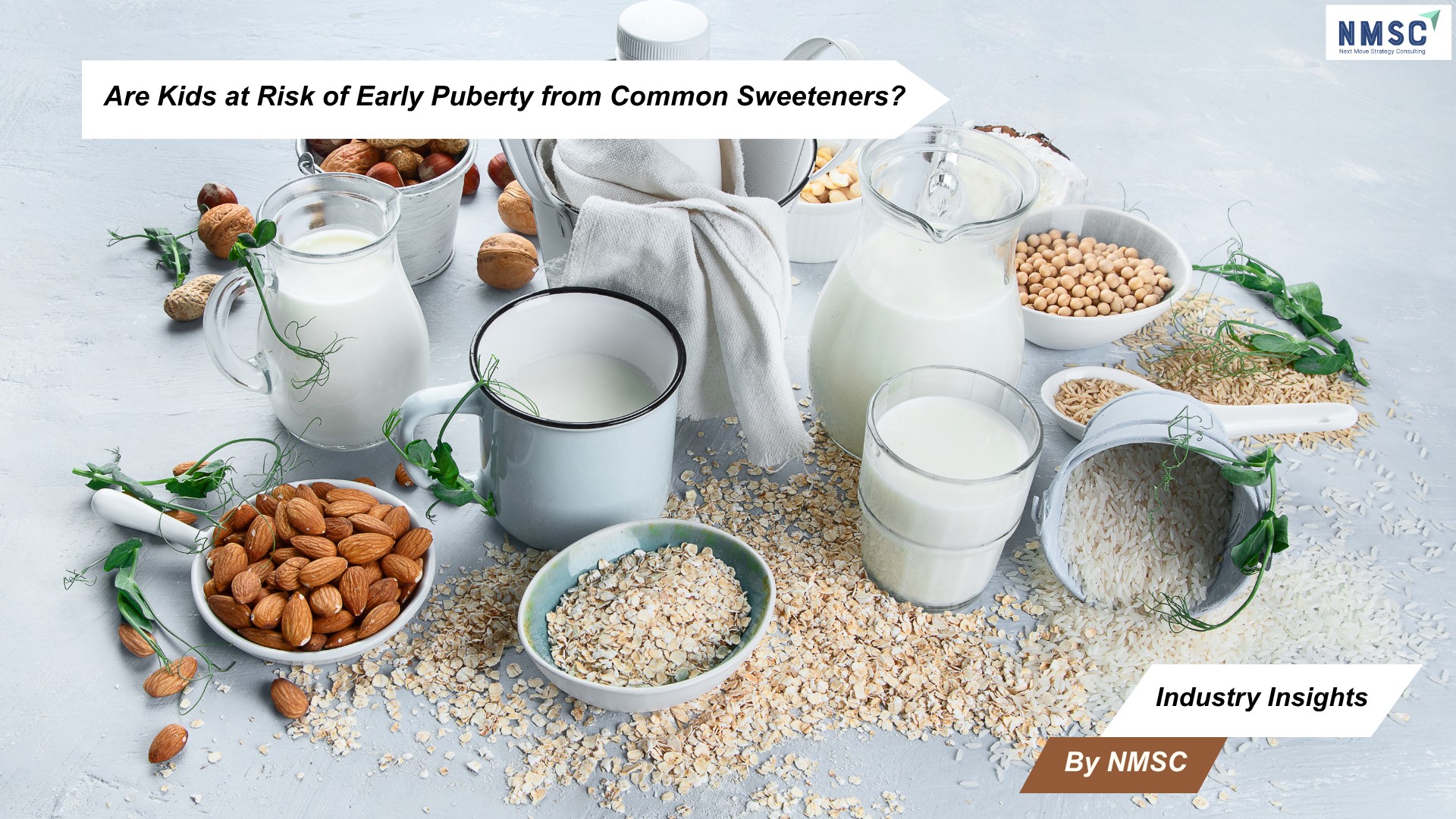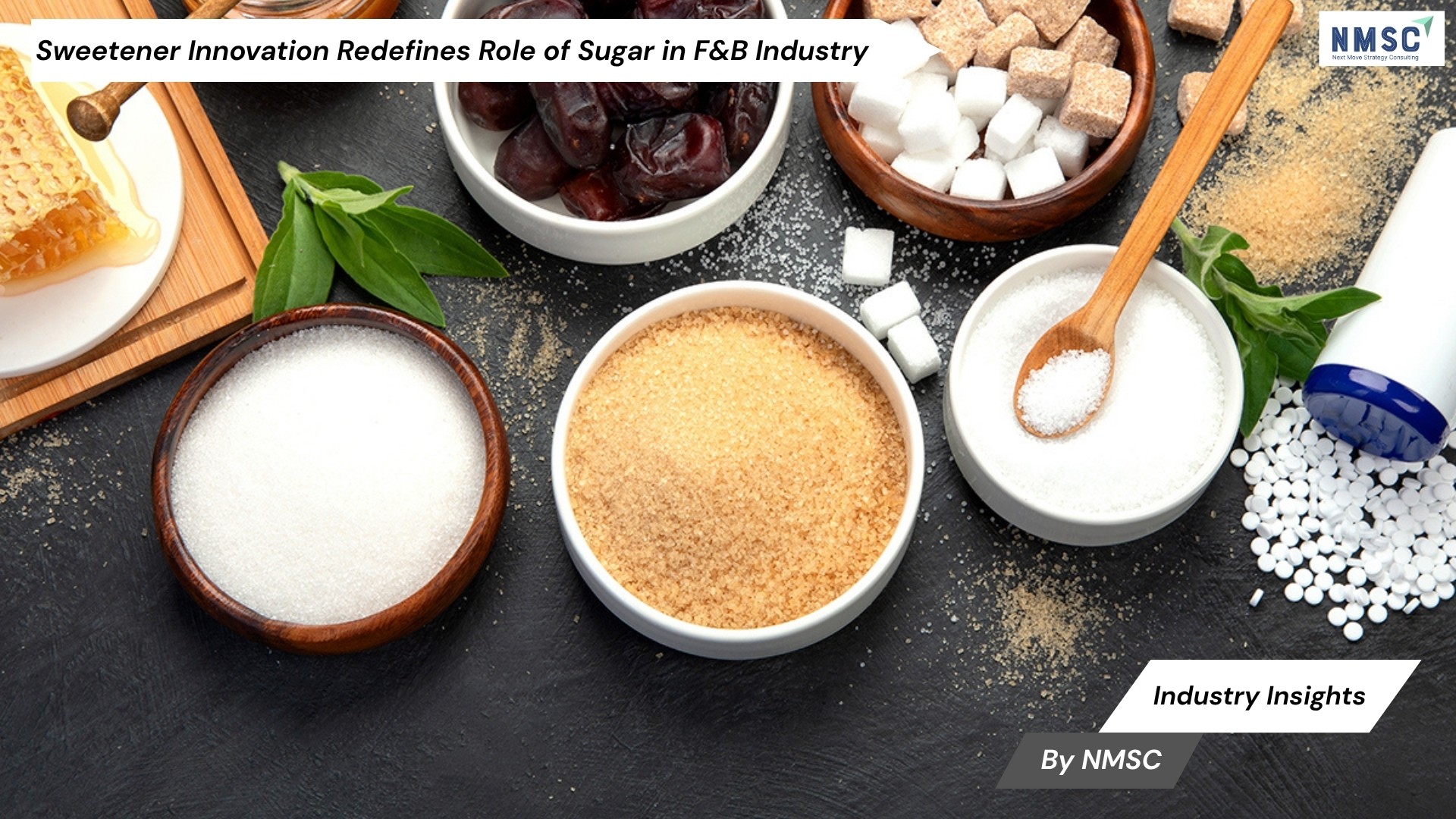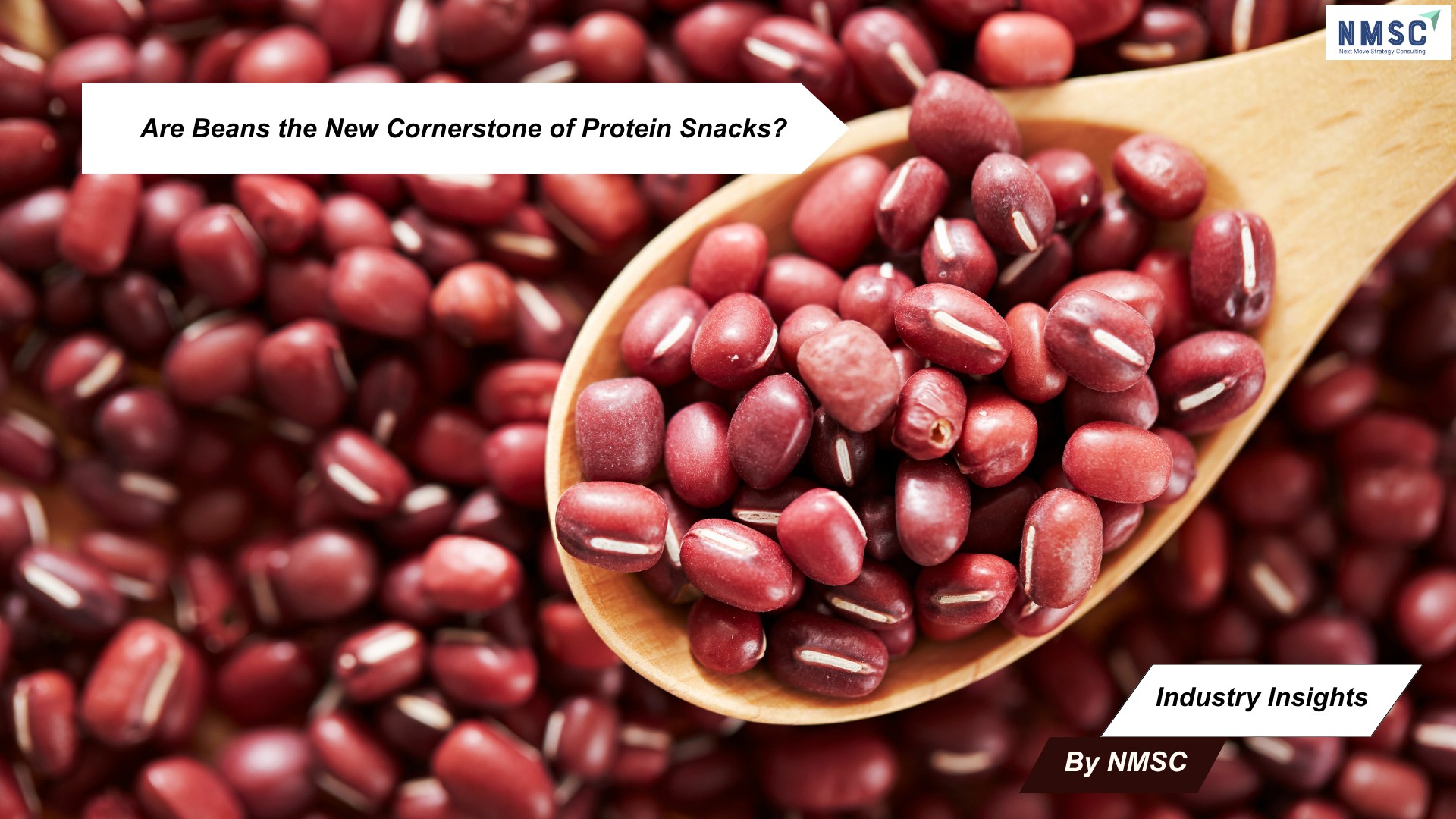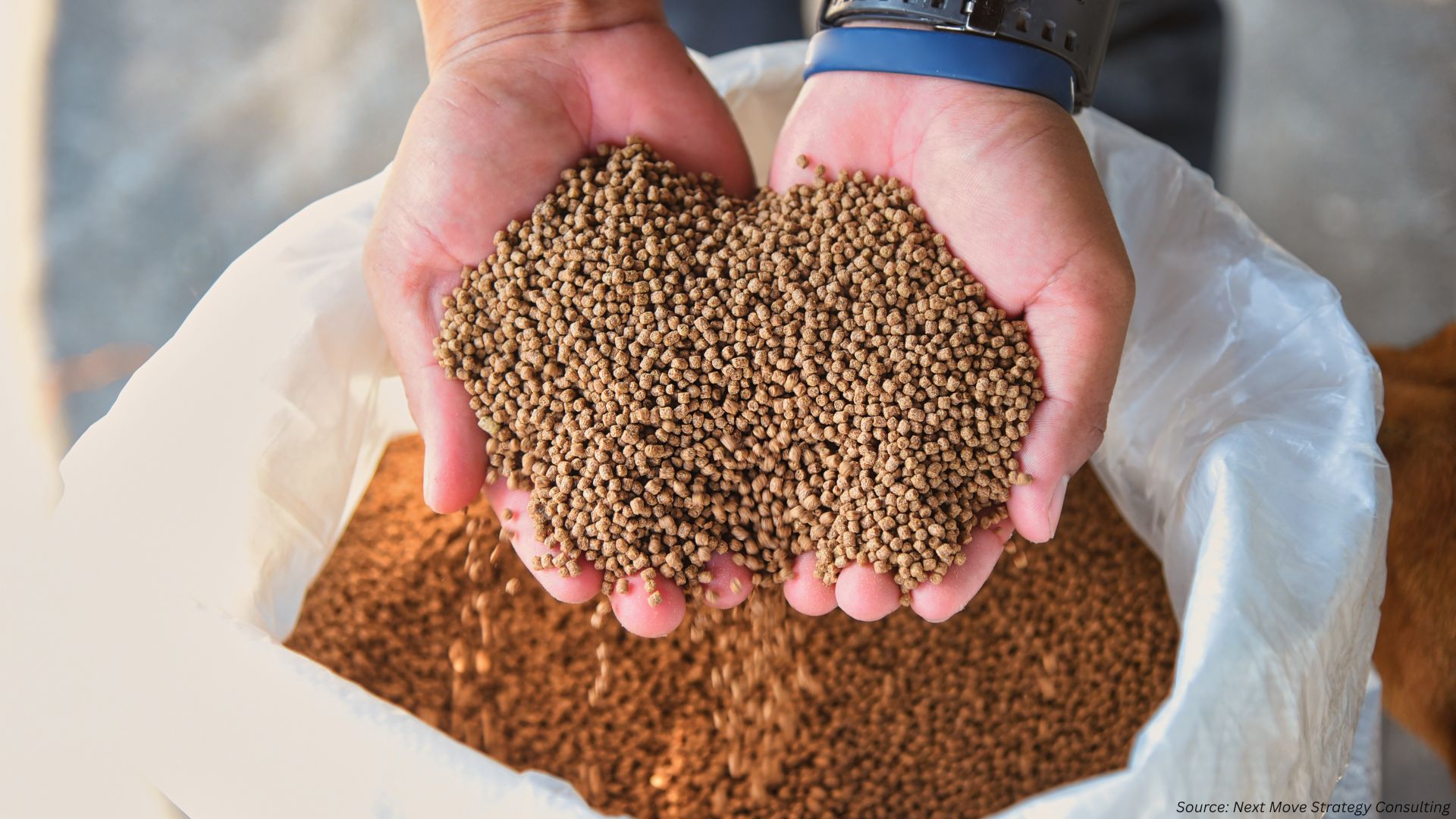Are Kids at Risk of Early Puberty from Common Sweeteners?
Published: 2025-07-29

New research presented at ENDO 2025, the Endocrine Society’s annual meeting, has found that consuming certain sweeteners—commonly found in foods and beverages—may increase the risk of early puberty in children, especially among those with a genetic predisposition.
The new findings come from the Taiwan Pubertal Longitudinal Study (TPLS), begun in 2018. The study included data from 1,407 teens. Central precocious puberty was diagnosed in 481 teens. The researchers assessed teens’ sweetener intake through validated questionnaires and testing of urine samples. Genetic predisposition was quantified using polygenic risk scores derived from 19 genes related to central precocious puberty. Early puberty was diagnosed based on medical exams, hormone levels and scans.
Study Overview
The study is part of the Taiwan Pubertal Longitudinal Study (TPLS), an ongoing cohort project that began in 2018. It involved 1,407 children, including 481 diagnosed with central precocious puberty (CPP), a condition in which puberty starts earlier than normal. CPP is associated with emotional and behavioral challenges, reduced adult height, and increased risks of obesity, type 2 diabetes, cardiovascular disease, and reproductive cancers later in life.
Researchers collected data through questionnaires, medical examinations, urine tests for sweetener biomarkers, hormone level analysis, and imaging. They also evaluated the genetic predisposition of participants using polygenic risk scores based on 19 genes related to puberty timing.
Key Findings
-
In Boys: Higher sucralose intake was significantly associated with increased risk of central precocious puberty.
-
In Girls: Increased intake of aspartame, glycyrrhizin, sucralose, and added sugars showed a significant link to early puberty onset.
-
Children with high polygenic risk scores were more susceptible to the effects of sweetener consumption on early puberty.
Biological Mechanisms
The researchers proposed several mechanisms based on prior studies:
Acesulfame potassium (Ace-K) may activate puberty-related hormones by stimulating sweet-taste receptors in brain cells.
Glycyrrhizin, a natural sweetener derived from licorice, can disrupt gut microbiota and influence genes involved in puberty timing.
Implications for Public Health
“Our research provides new insights into how modern dietary habits, particularly sweetener consumption, may affect pubertal development,” said Yang-Ching Chen, M.D., Ph.D., of Taipei Municipal Wan Fang Hospital and Taipei Medical University in Taiwan. “These findings are especially important for children who are genetically predisposed to early puberty.”
The study highlights the need for increased awareness among families, healthcare providers, and policymakers. Identifying children with a higher genetic risk and limiting their intake of specific sweeteners could be key to reducing the risk of early puberty and its associated health issues.
Prepared By: Next Move Strategy Consulting
















Add Comment